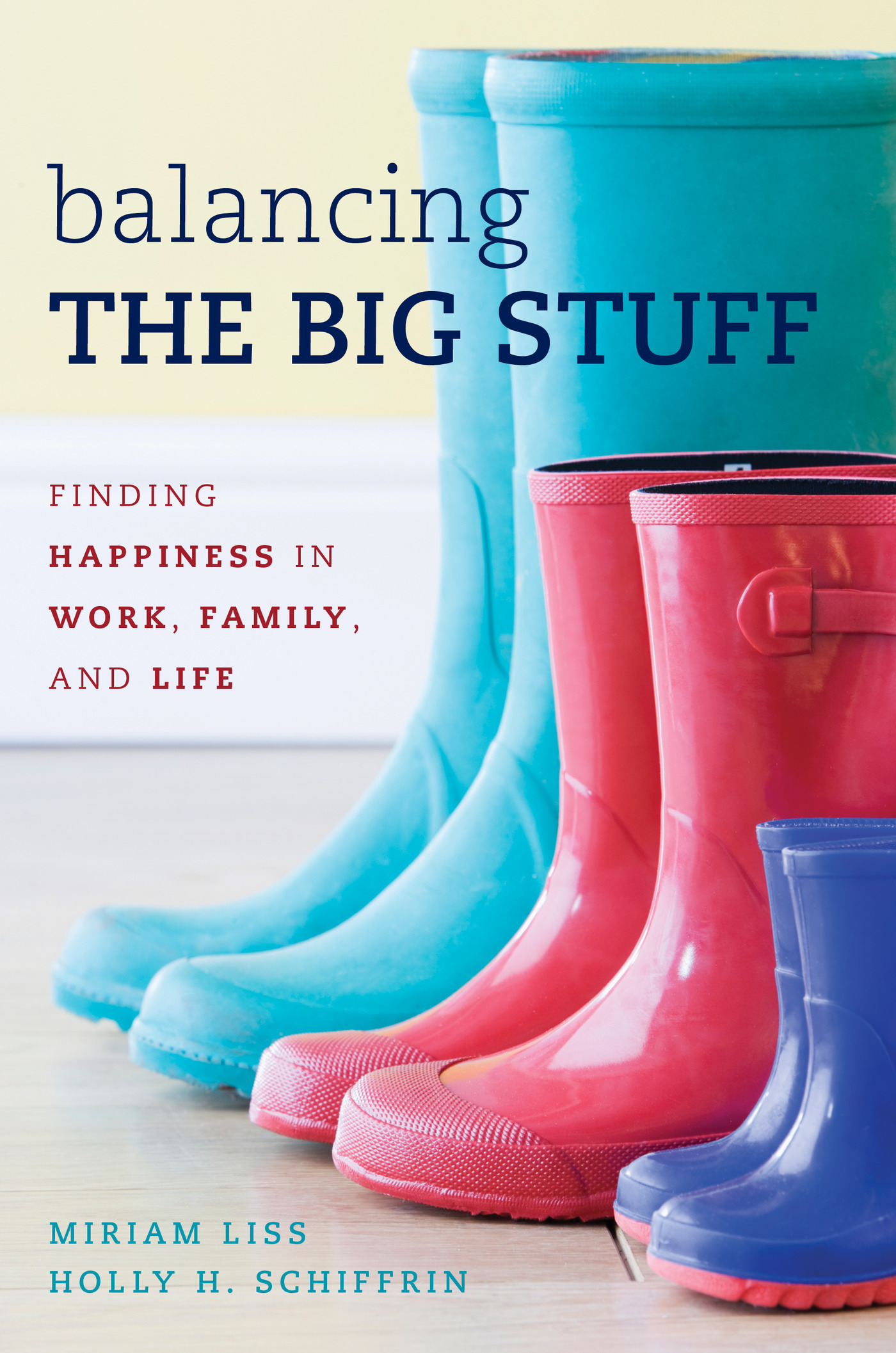Balancing the Big Stuff
Balancing the Big Stuff
Finding Happiness in Work,
Family, and Life
Miriam Liss and Holly H. Schiffrin
ROWMAN & LITTLEFIELD
Lanham Boulder New York Toronto Plymouth, UK
Published by Rowman & Littlefield
4501 Forbes Boulevard, Suite 200, Lanham, Maryland 20706
www.rowman.com
10 Thornbury Road, Plymouth PL6 7PP, United Kingdom
Copyright 2014 by Miriam Liss and Holly H. Schiffrin
All rights reserved. No part of this book may be reproduced in any form or by any electronic or mechanical means, including information storage and retrieval systems, without written permission from the publisher, except by a reviewer who may quote passages in a review.
British Library Cataloguing in Publication Information Available
Library of Congress Cataloging-in-Publication Data
Liss, Miriam.
Balancing the big stuff : finding happiness in work, family, and life / Miriam Liss and Holly H. Schiffrin.
pages cm.
Includes bibliographical references and index.
ISBN 978-1-4422-2335-6 (cloth : alk. paper) -- ISBN 978-1-4422-2336-3 (electronic)
1. Work and family. 2. Work-life balance. 3. Quality of work life. 4. Quality of life. I. Schiffrin, Holly H. II. Title.
HD4904.25.L57 2014
650.1--dc22
2014006805
 TM The paper used in this publication meets the minimum requirements of American National Standard for Information Sciences Permanence of Paper for Printed Library Materials, ANSI/NISO Z39.48-1992.
TM The paper used in this publication meets the minimum requirements of American National Standard for Information Sciences Permanence of Paper for Printed Library Materials, ANSI/NISO Z39.48-1992.
Printed in the United States of America
Foreword
If youre alive and breathing in the early twenty-first century, you need to read this book. Authors Miriam Liss and Holly Schiffrin are not only offering an insightful and thoroughly researched portrait of the way were living nowand why it feels so crazily out of balancebut they stretch as far back as the Greeks and as far forward as the cutting-edge science of positive psychology, human motivation, happiness and well-being, and have fashioned a comprehensive guide for how to live the Good Life.
The need for this book is clear. Survey after survey shows that many people are feeling overwhelmed by life. They work too much. Theyre exhausted all the time. Parents worry they dont spend enough time with their children. And no one seems to have time for fun. Americans work among the most hours of any developed country in the world. They take among the fewest vacation days, and tend to work on those days anyway. Workplace cultures are firmly entrenched in the idea that working 24/7 is the only way to get ahead. And to top it all off, the United States not only has virtually no supportive family policy, but one work-life expert has even labeled them family hostile.
Were seeing the result: New research is finding that young, college-educated men and women dont see a way to combine work and family in a meaningful way, so theyre opting not to have children. Birth rates among college-educated Americans have fallen to what some demographers describe as crisis levels, leading one to say that those who can most afford to have children have gone on baby strike.
In the meantime, rates of depression, stress, and anxiety, even among teens and adolescents, is on the rise, the World Health Organization reports, and higher than in some countries in the midst of violent civil wars. And research is finding that this stresswhich can lead to serious medical illnessacts like a virus. Studies are finding that when harried parents come home from work with elevated cortisol levels, the level of that stress hormone also spikes in their partners, spouses, and children.
And after stunning, groundbreaking moves toward gender equity in the 1970s and 1980s, weve been stuck and havent moved much since. Even though 40 percent of married and single mothers with children under eighteen are now the sole or primary breadwinners in their families, those in relationships still do twice the housework and childcare, on average, as men. And even as standards for being a good mother ratchet up, the wage gap, glass ceiling, and maternal wall in the workplace are still firmly entrenched.
Is it any wonder, now that the American Time-Use Survey is asking people not only what they do with their time, but how they feel about it, that women report being more exhausted, sadder, and more in pain than men? And lets not forget that surveys by the Families and Work Institute and the Pew Research Center are finding that men, too, are feeling more strain from the juggle, now that many want to have meaningful work and a full, involved family life. And the two activities we tend to spend the most time doingworking and watching TVare actually on the bottom of the scale of what makes us happy.
Clearly, the way were living and working isnt working. For anyone.
Enter Liss and Schiffrin. Both are both professors of psychology at the University of Mary Washington in Virginia. Both are wives and mothers. And both have struggled to thread that tiny needle to secure meaningful work, full family lives, and time for themselves, which they include in their instructive and graceful book.
Some of their findings made a big media splash when they were released, simply because they were counterintuitive yet made profound common sense. We live largely in an either/or societyeither you work, or you stay home with kidsthat has somehow morphed from being not just child centered, but, as one UCLA researcher put it, child dominated, where mothers who give up careers and breastfeed, not just the recommended six months to a year but three or four years, are celebrated, and guilt-soaked working mothers worry they cant keep up.
Yet Liss, Schiffrin, and colleague Kathryn Rizzo surveyed 181 women with young children and found that those who believed such self-sacrificing, intensive mothering was best, or that mothers were better, more natural parents than fathers, had higher levels of stress, decreased satisfaction with life and lower levels of social support.
If intensive mothering is related to so many negative mental health outcomes, why do women do it? they wrote in the Journal of Child and Family Studies. They may think that it makes them better mothers, so they are willing to sacrifice their own mental health to enhance their childrens cognitive, social and emotional outcomes. In reality, intensive parenting may have the opposite effect on children from what parents intend.
The key, not only for parenting but for all of work and life, Liss and Schiffrin write in this resonant book, is finding the sweet spot. If all of work, life, money, love, happiness, and other attributes of the Good Life could be put on an inverted U scale, the sweet spot would be somewhere right in the middle. Not too much of any one thing, but just enough of everything.
As I read the book, I found myself highlighting sections and scribbling YES! in the margins. The authors write cogently about self-determination theory and weave the theme throughout every chapter of the book. Self-determination theory holds that we are happiest when we are intrinsically motivated and doing the things we most want to do, rather than being extrinsically motivated and doing what we think we should do or what others expect us to do.
The three factors, they write, that shape intrinsic motivation are autonomy, competence, and relatedness.
Ive since spent days pondering intrinsic motivation. I had been reading the Facebook post of a friend who is a stay-at-home mother. Her daughter had just won the middle school science fair competition. And while I was, indeed, happy for her and her daughter, I had a sudden pang about my own middle school daughter who did
Next page
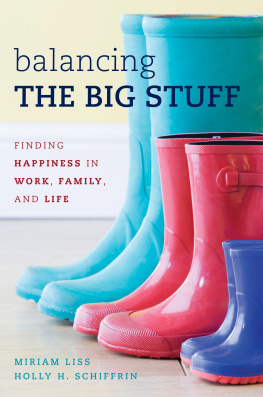
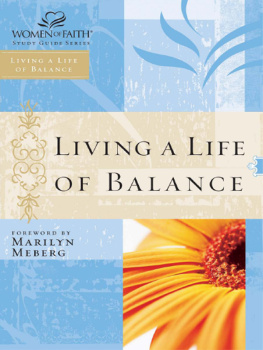
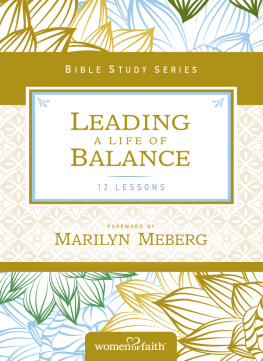
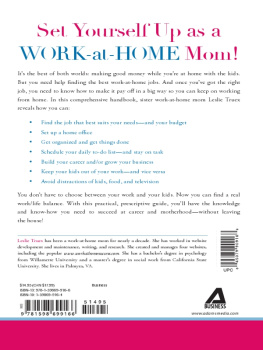
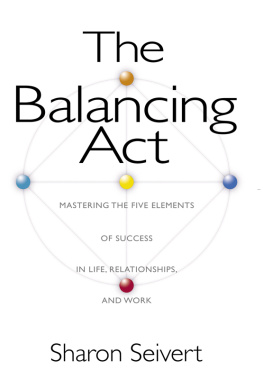

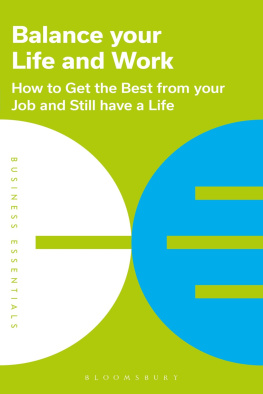
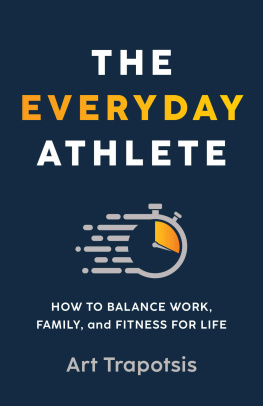
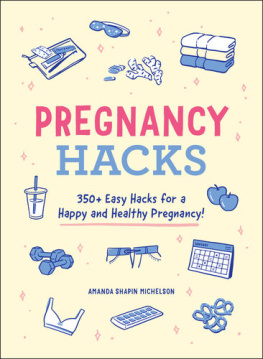
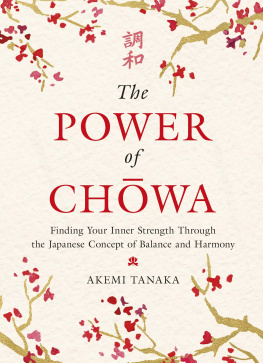
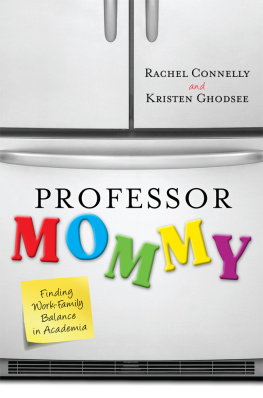
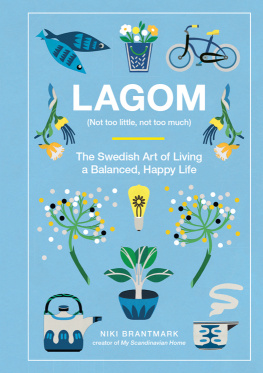
 TM The paper used in this publication meets the minimum requirements of American National Standard for Information Sciences Permanence of Paper for Printed Library Materials, ANSI/NISO Z39.48-1992.
TM The paper used in this publication meets the minimum requirements of American National Standard for Information Sciences Permanence of Paper for Printed Library Materials, ANSI/NISO Z39.48-1992.